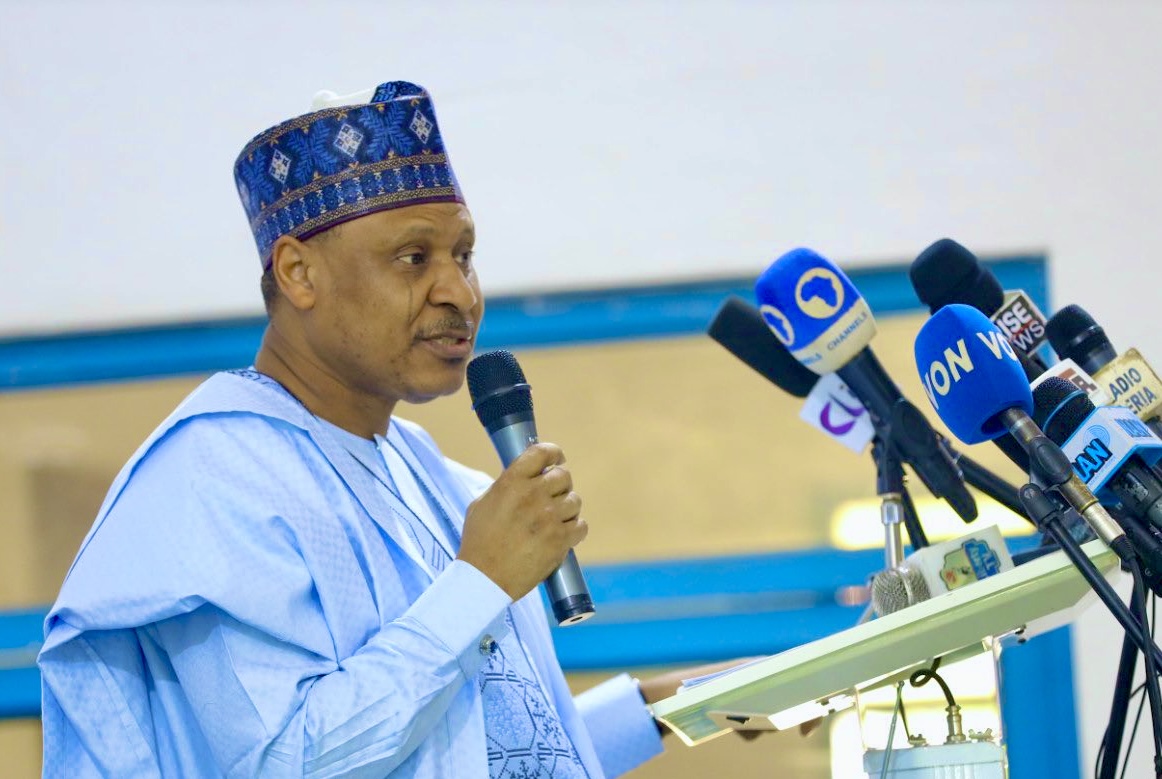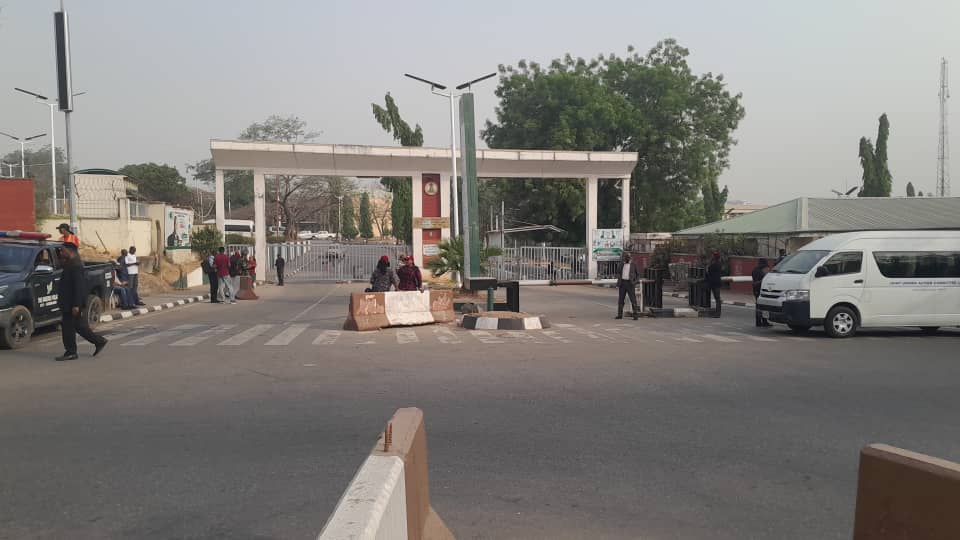Nigeria’s Healthcare System on the Brink as Doctors and Nurses Threaten Nationwide Strike

The Nigerian healthcare system is once again facing a looming crisis as medical professionals, including doctors and nurses, issue stern warnings of a nationwide strike over persistent poor welfare conditions and unaddressed demands. This development raises serious concerns about access to healthcare for millions of Nigerians, potentially crippling hospitals across the country.
The National Association of Nigeria Nurses and Midwives (NANNM), Federal Health Institutions Sector, has already commenced a seven-day warning strike, effectively withdrawing services from federal health institutions as of today, July 30, 2025. This action follows the expiration of a 15-day ultimatum given to the Federal Government, which the nurses say failed to yield any meaningful negotiation or response to their critical demands. Their grievances include calls for an upward review of shift allowances, uniform allowance adjustments, a separate salary structure for nurses, increased core duty allowance, mass employment of nurses, and the establishment of a dedicated nursing department in the Federal Ministry of Health.
In parallel, the Nigerian Medical Association (NMA) has issued its own 21-day notice of a total and indefinite strike. Rising from an emergency delegates meeting held on July 26, 2025, the NMA expressed profound disappointment over the government’s “nonchalant attitude” towards the welfare of doctors and the persistent neglect of the health sector. Their demands, which reportedly number 19, include the full withdrawal (not just suspension) of a controversial circular from the National Salaries, Incomes and Wages Commission, and the payment of seven months of accrued arrears from a previously agreed salary adjustment.
These renewed threats of industrial action underscore the long-standing and deeply rooted issues plaguing Nigeria’s public health sector. Doctors and nurses frequently lament inadequate remuneration, unsafe working environments, a severe shortage of manpower, and the lack of essential medical equipment and consumables. The recurring strikes often lead to tragic consequences, with patients left stranded and access to critical medical care severely disrupted.
As the clock ticks on the NMA’s ultimatum and nurses continue their warning strike, all eyes are on the Federal Government to engage in urgent and meaningful dialogue with these vital healthcare professionals. A comprehensive and lasting resolution to their welfare concerns is paramount to avert a full-blown crisis that would further strain Nigeria’s already fragile healthcare system and, ultimately, impact the lives of countless citizens.



